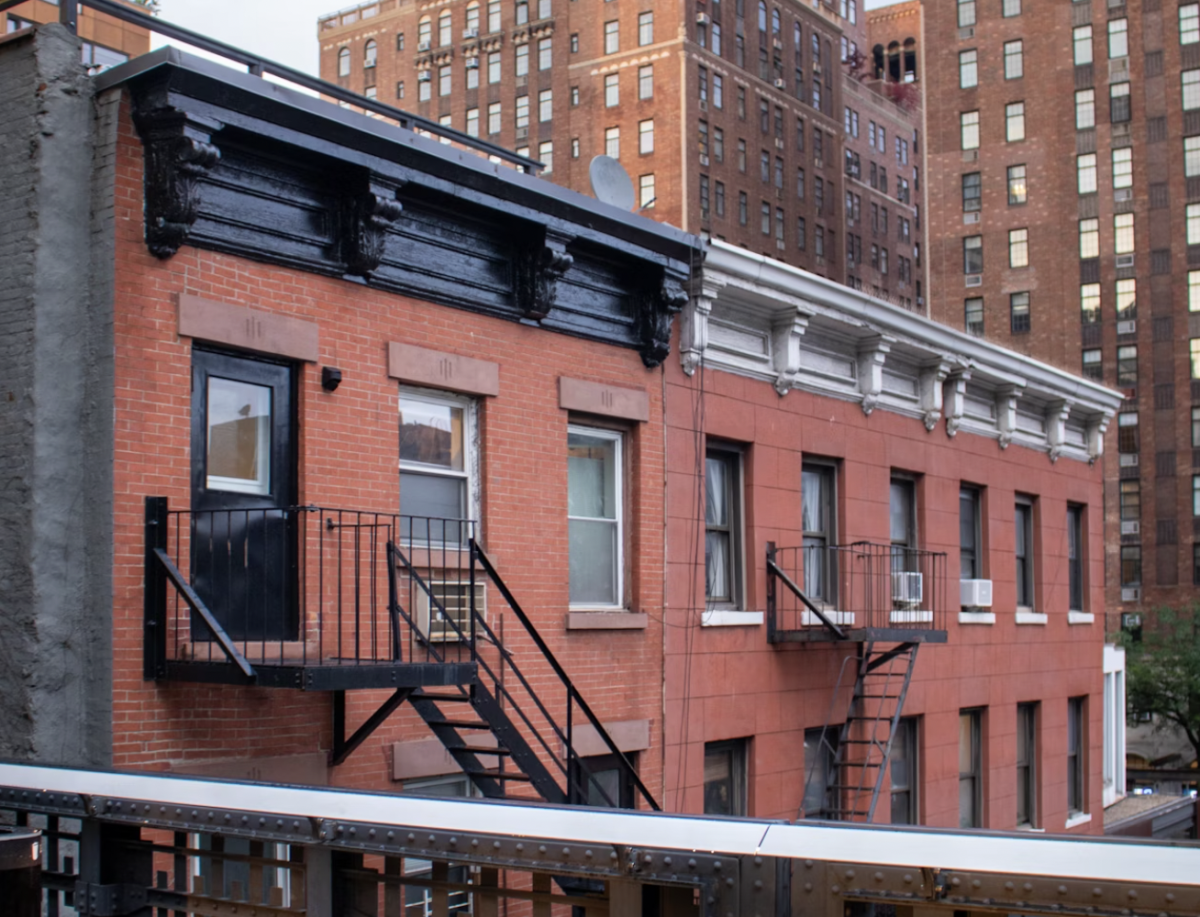A recent rising issue in New York City is the new increase in rent for stabilized apartments. Starting Oct. 1, apartments that are rent stabilized are seeing an increase in their monthly rent of anywhere from 2.75% to 5.25%, depending on the length of the lease and the singing date.
According to 311, the rise in rent is as follows:
- For a one-year lease beginning on or after October 1, 2024, and on or before September 30, 2025: 2.75%
- For a two-year lease beginning on or after October 1, 2024, and on or before September 30, 2025: 5.25%
- For a one-year lease beginning on or after October 1, 2025, and on or before September 30, 2026: 3%
- For a two-year lease beginning on or after October 1, 2025, and on or before September 30, 2026: 4.5%
For many families, New York City housing prices have already been too high as it is. For those who have lived in rent-stabilized apartments, it has taken the pressure off for years. The new increase has been seen as controversial for some, as many residents advocated for rent freezes. However, the New York City Rent Guidelines Board opted against this.
This rent increase comes from a policy that allows for increasing rent stabilized apartments. This happens because landlords face higher costs for property maintenance, insurance, and taxes. This creates an impasse for landlords, who desire a higher rent, and renters, who are unable to afford it. Additionally, these rent increases are difficult when people’s incomes do not catch up with the increases.
A study found that in New York City, rent increases were more than seven times faster than wage growth. This creates a huge gap for many families, who are unable to afford rent on top of basic needs such as food, health care, and education costs.
While many students are not paying rent themselves, it affects their quality of life if their parents cannot afford their current cost of living with the new increases. Since the rent increases began on Oct. 1, tenants have been faced with limited choices. Some have had to find other places to live, in other boroughs, or even out of state, to find cheaper housing. This can impact their children, who now experience longer commutes, higher travel costs, or just an overall difficulty if they need to transfer schools entirely.
Other families may have to cut down on basic needs just to keep up with rent. While some will be able to pay this rent increase, others many are not be as fortunate. Students have to deal with families who need to cut back on things such as clothing, food, or even modes of transportation like a car.
The students at Cardozo are in the cohort of individuals who can be impacted by these rent increases. When speaking to students, they focused in on how many are overlooking how these changes will impact kids. “I feel like people don’t really think about how much of a big topic this really is,” shared Cardozo student Stephanie. “Like, yes it may not affect most people but it really does matter and is something to talk about.”
“For me, the rent is already too much and I only live in a private home, not an apartment,” she added. “I can’t imagine how it would be if it was that way. I have some friends that live in apartments and I hope it doesn’t affect them as much, knowing that a lot is going on currently.”
Even if individuals aren’t impacted by this personally, it can affect people they know. While New York has always been regarded as an expensive city, it has come to the point where native New Yorkers can no longer afford to to live here.


